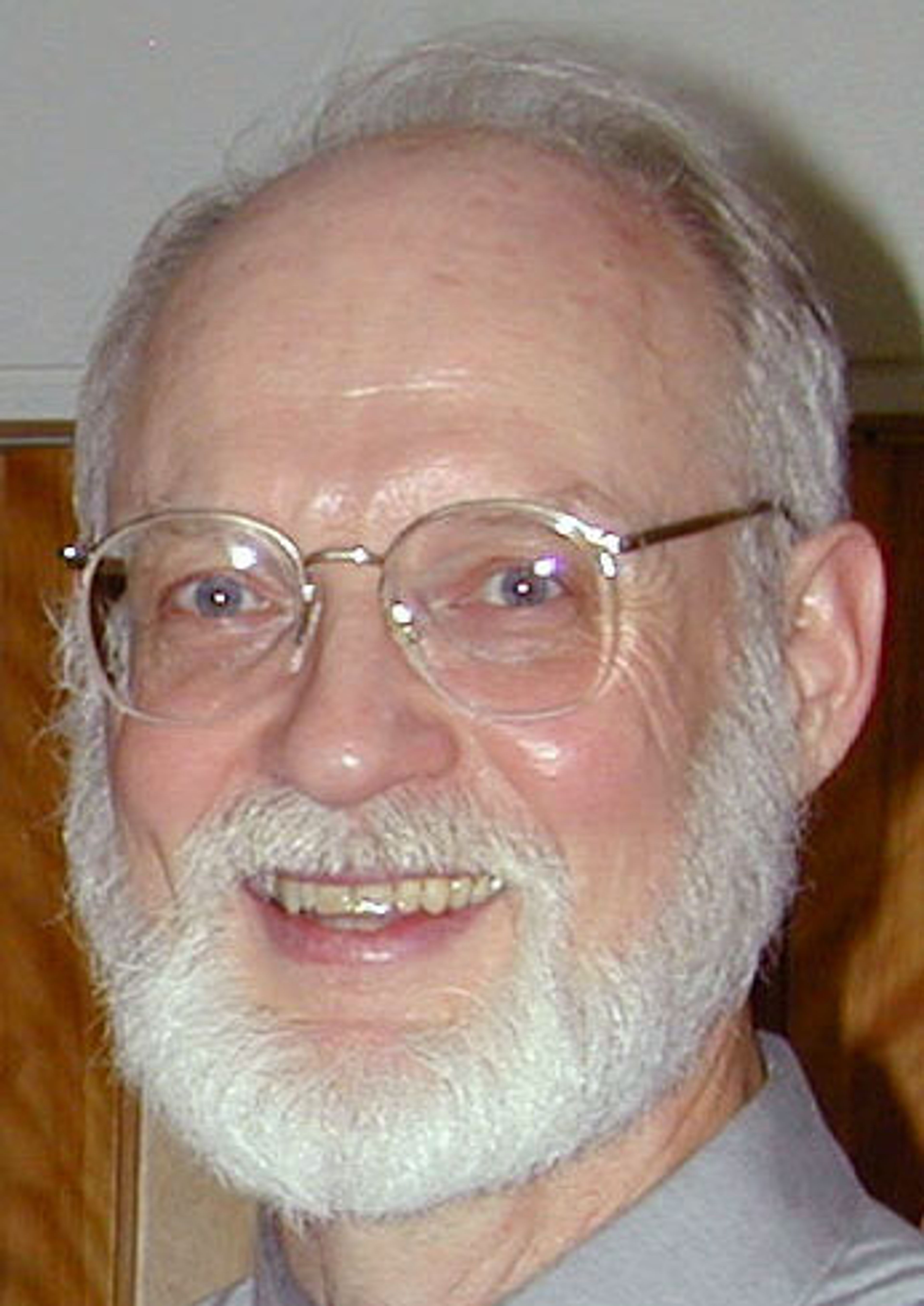The temptation to join columnists Pete Haug and Doug Call in opining about religion is irresistible, coming at a time when I’m reading Vitaly Malkin’s “Dangerous Illusions: How Religion Deprives Us of Happiness.”
It is a fascinating contrast of polytheism and monotheism in which Malkin portrays pagan’s multiplicity of gods to Jewish and Christianity’s single god religions.
This must seem to be a strange book for a member of the Church of Jesus Christ of Latter-day Saints to be reading, but it should come as no surprise to readers who follow my columns, which cover a very broad spectrum of issues.
My interest in religion is very broad. I read papal encyclicals with great appreciation and have posted excerpts of Laudato si’ (on care for the planet) and Amoris laetitia (on love within the family) on my Facebook page.
Call’s column on humanism and Haug’s column on the Baha’i Faith were both interesting and informative.
It is impressive to note Haug’s quotation of Baha’u’llah: “Be anxiously concerned with the needs of the age ye live in, and center your deliberations on its exigencies and requirements.” I fully believe Haug’s assertion: “Religion, like science, is progressive.” Or at least it should be.
Among many things that I appreciate about my LDS faith is that it does progress; albeit more slowly than I would like it to be.
LDS prophets assert that all religions contain truth, which encourages inter-faith fellowship. Although humanism isn’t a religion, I appreciate Call’s example of how humanists who reject religion and their evangelical neighbors can and do share many important values that make them more alike than different.
It is a broad leap from here to Malkin’s assertion that pagan polytheism produced greater happiness than religions that espouse only one god. He holds that worshiping the god of Judaism, Islam and Christianity denies happiness in this mortal world, leading to violence, masochism, oppression and misery.
Malkin is a Russian-Israel philanthropist, businessman and investor. The book is based on extensive research on the evolution of religion, from ancient philosophers down to our modern times.
I’m only a third of the way through “Dangerous Illusions,” so will withhold final judgment and I’m not going to jump out of the good ship Christianity.
Nonetheless, I find much of value in reading Malkin’s views, while rejecting his assertions that practitioners of Christianity, Isam and Judaism cannot live happy, even joyous lives here as mortal beings.
In 64 years of living — as best I can — the gospel of Jesus Christ as represented by the LDS Church, it has been my experience that rather than living a life of denial, it has produced abundant happiness and joy.
I sometimes tell my fellow Mormons that I would have nothing to do with a religion that required me to deny happiness on this earth while hoping for rewards in the next life. That is essentially Malkin’s representation of monotheistic religions.
Christian morals, as represented in scripture, are not about denying happiness. They are about promoting happiness in the here and now, as well as “on the other side of the veil.”
Love our neighbor, don’t covet our neighbor’s wife (or husband), don’t commit adultery, do to others as we would have them do to us, etc.
Happiness and joy are a product of living these and other gospel principles.
Terence L. Day is a retired Washington State faculty member and a Pullman resident since 1972. He encourages email–pro and con--to terence@moscow.com.








